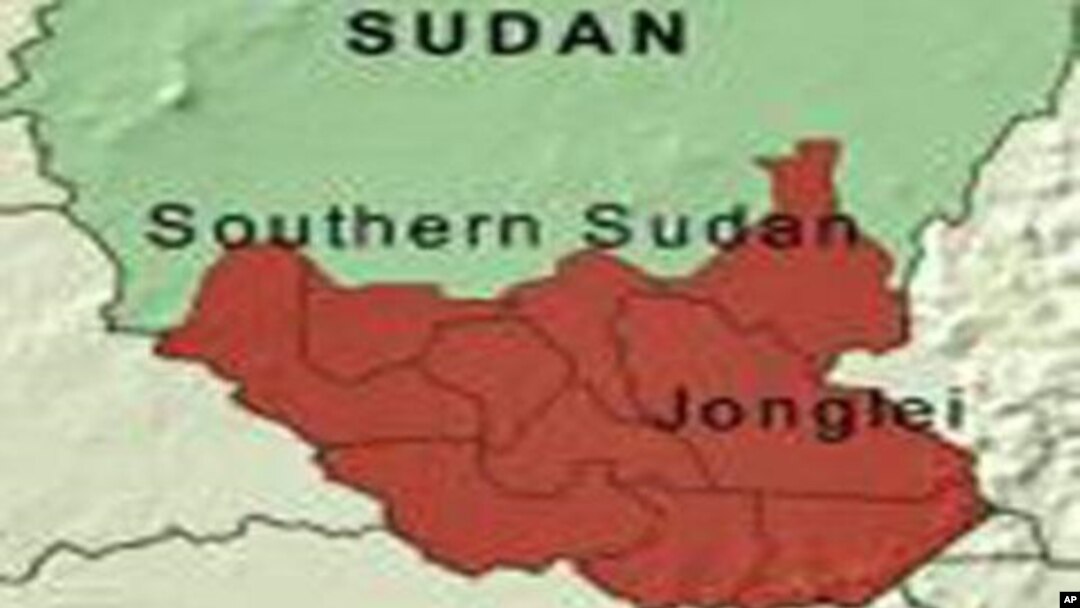An official of the Southern Sudanese government says the government is excited after the national parliament adopted a referendum law for the disputed oil-rich Abyei region ahead of next year’s general election.
Pagan Amum, who is also the general secretary of the Sudan People’s Liberation Movement (SPLM) said the referendum law also paves the way for determining Sudan’s unity.
“We are glad that at long last after a very long struggle to implement the CPA (Comprehensive Peace Agreement) the national parliament has passed two laws; the law or the right to self-determination and also the referendum law for Abyei. We could organize a referendum for the people of Abyei, the Ngok people of Abyei to determine their future in terms of whether they would want to continue being part of northern Sudan and Southern Kordofan State or return to Southern Sudan where they were transferred from,” he said.
The referendum, scheduled for January 9, 2011, will enable residents of the oil-rich Abyei to decide whether they want to remain part of the north or join a possible independent south.
Under Article 24 of the new law, the Ngok Dinka ethnic group reportedly loyal to the Southern Sudan will have the right to vote.
Amum said the newly adopted law paves the way for southern self-determination.
“With the passage of these laws, now, the country is prepared for the conduct of the referendum in 2011 to determine whether Sudan will remain or actually will be united voluntarily if the people of Southern Sudan chose unity,” Amum said.
The members of parliament from the Messiria ethnic group staged a walk out before the vote on the referendum law. They wanted their ethnic members to be included in the text of the law.
But Amum backs the referendum law despite the opposition from the Messiria ethnic group.
“The Messiria have their land and the Abyei Ruling of the Permanent Court of Arbitration in The Hague has demarcated the border dividing the land of Messiria and that land of the Ngok Dinka people. And what we are talking about is the determination of the future of the Ngok Dinka land not the Messiria land. Therefore, those who would vote are the Ngok Dinka people and any other permanent resident in their land,” Amum said.



